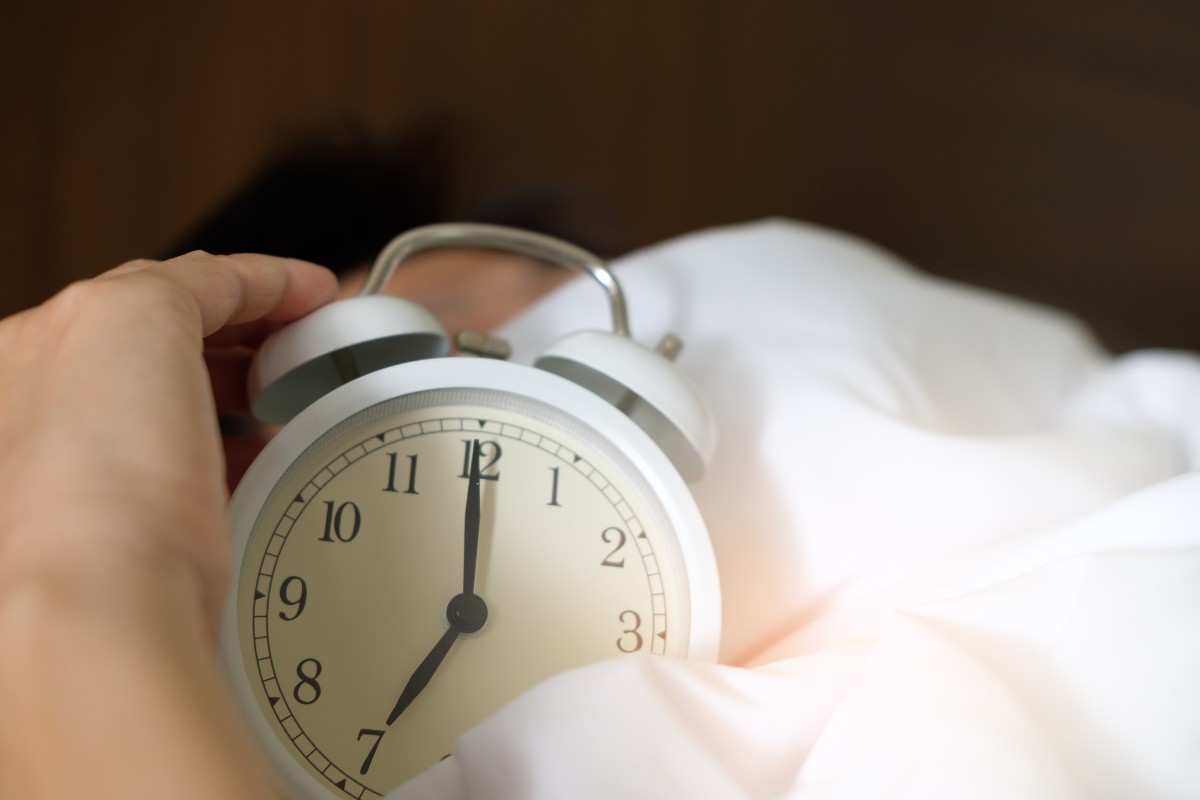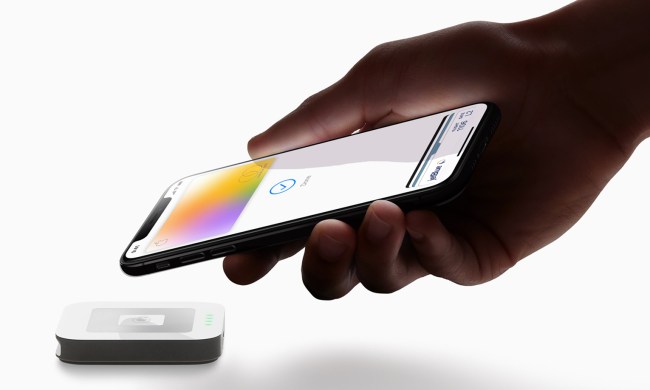Hope springs eternal when the clock strikes midnight on New Year’s. A fresh year means new goals and a resolution to improve. Perhaps this is the year your pandemic Peloton will become more than a coat rack, or you’re finally going to remember to bring coupons to the grocery store so you can save more.
New Year’s Day also marks the end of the holiday season. However, we have one more reason to say Bah-Humbug before you kick your tree to the curb: That New Year resolution you’ve made? You’re probably going to break it by February.

Research from 2021 of more than 180 Australian and U.K. adults found that people typically quit on their New Year’s resolution in January (the first month). In fact, two-thirds of the participants completely stopped trying to achieve their New Year goals before flipping the calendar to February. Interestingly, though perhaps not surprisingly, the authors concluded that flexibility in pursuit of New Year resolutions was linked with better mental well-being.
That said, it appears people feel they’re destined to fail even when they come up with a goal. A new poll of 500 respondents ages 25 to 65 from wellness gamification brand Healthy Wage indicated most people (86.67%) didn’t think they’d keep their resolution , and 14.95% said there was “not a chance” of them succeeding.
The study is in line with the prevailing wisdom that New Year’s goals don’t last long. With all the pessimism, should you even make a New Year resolution?
You know what the old cliche is: It’s better to try and fail than not try at all. However, wouldn’t it be nice to succeed? According to the poll, the biggest problem people had was a lack of willpower, with almost one-third (31.53%) of respondents citing that issue. Lack of motivation (30.63%) was a close second. Busy work schedules were a pain point for more than one-quarter (25.23%) of people trying to keep up with a healthy diet or workout routine.
Knowing why people try – and fail — can help you learn from past errors that you may have even made yourself. What else might help you and others succeed?
A cash-prize incentive would “absolutely, no question about it” motivate almost half (42.34%) of Healthy Wage respondents to keep their health (diet, fitness, or weight-related) promise to themselves. Most of the other half (44.32%) would be willing to try the cash incentive strategy, saying it would be worth a shot.
Why is cash a great motivator? If you’ve been reading about inflation lately, this news probably doesn’t come as a surprise. The top two reasons cited by pollsters were that money would give them a “significant motivation boost” (43.6%) and that having financial skin in the game caused them to “bet” on their own success (17.84%).
The poll is interesting, though it’s worth pointing out that Healthy Wage specializes in this type of gamification. The sample could be a bit biased. Also, keep in mind the number on the scale or your pants doesn’t define you.
However, if gamifying your New Year goals helps you achieve them and a sense of happiness and satisfaction, happy playing.



